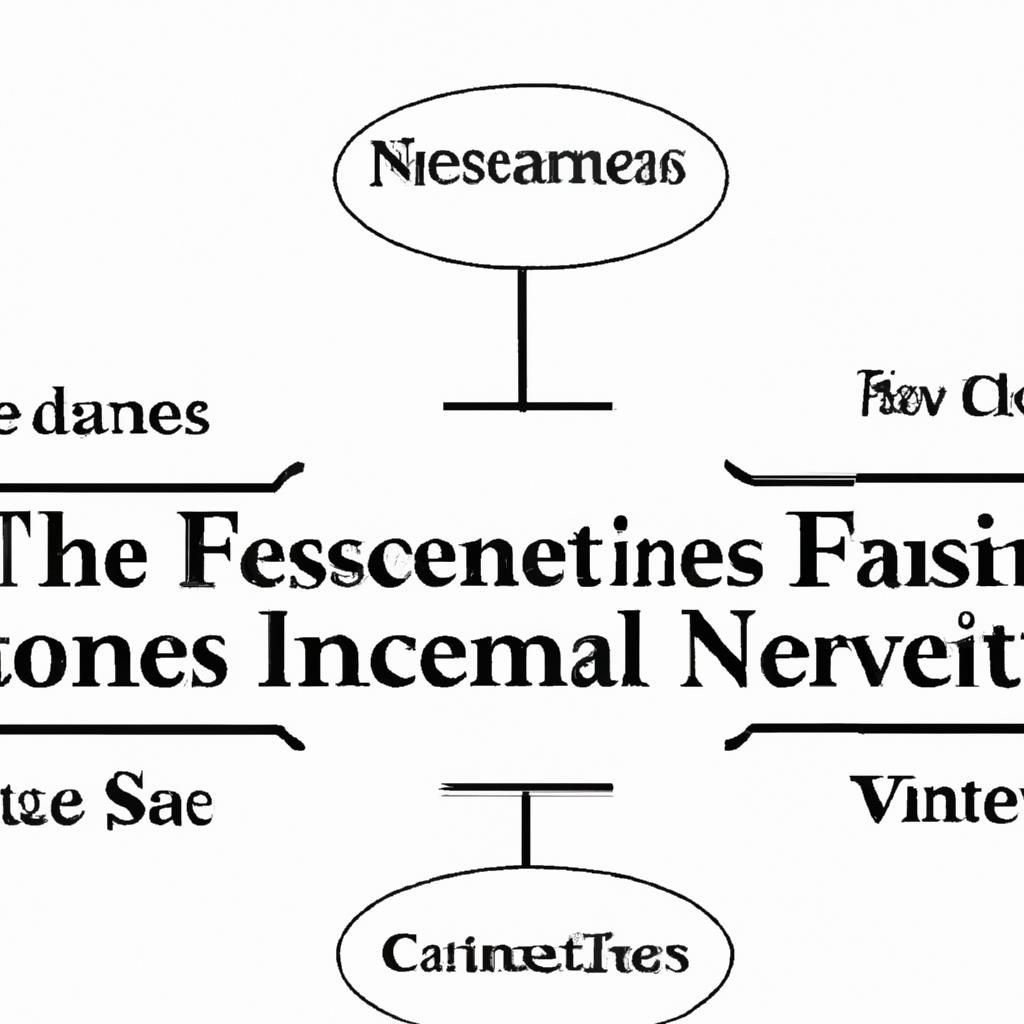When it comes to navigating the complex web of laws surrounding intestate succession by state, understanding the intricacies of each jurisdiction is crucial. As experienced lawyers at the Morgan Legal Group in New York City, we specialize in estate planning, probate, elder law, Wills, and trusts. In this article, we will delve into the nuances of intestate succession laws across different states, shedding light on the importance of proper estate planning to ensure your assets are distributed according to your wishes. Join us as we uncover the intricacies of intestate succession by state and empower you with the knowledge needed to navigate this often confusing legal landscape.
Understanding Intestate Succession Laws: A Comprehensive Guide by State
In the realm of estate planning, understanding intestate succession laws is paramount to ensure that one’s assets are distributed according to the law in the absence of a valid will. Each state in the US has its own set of rules governing intestate succession, which determines how a deceased person’s assets are passed on to their heirs. It is crucial to have a comprehensive understanding of these laws to avoid any disputes or complications in the distribution of assets.
When it comes to intestate succession by state, it is essential to familiarize oneself with the specific statutes and guidelines applicable in each jurisdiction. New York follows a strict hierarchy of inheritance, where spouses, children, parents, and siblings are prioritized in the distribution of assets. For example, if a deceased person is survived by a spouse and children, the spouse will inherit the first $50,000 of the estate, plus half of the remaining estate, while the children will inherit the other half equally. It is imperative to consult with a knowledgeable estate planning attorney to navigate the complexities of intestate succession and ensure that your assets are distributed in accordance with the law.
Key Factors to Consider in Intestate Succession: State Specifics and Nuances
When it comes to intestate succession, each state has its own set of laws and nuances that must be carefully considered. Understanding the specific statutes of the state in which the deceased individual resided is crucial in determining how their assets will be distributed. State laws can vary significantly, affecting who inherits and in what order, making it essential to consult with a knowledgeable attorney who is well-versed in the intricacies of intestate succession.
**Key factors to consider in intestate succession by state include:
- State-specific laws governing the distribution of assets
- The order of inheritance for surviving relatives, such as spouses, children, parents, and siblings
- Potential complexities arising from blended families or non-traditional relationships
| State | Specific Laws |
|---|---|
| New York | Spouse inherits the entire estate if there are no children or parents |
| California | Spouse inherits 1/2 or 1/3 of the estate, with the rest going to children |

Navigating Intestate Succession Successfully: Recommendations for a Smooth Process
When it comes to navigating intestate succession successfully, it is crucial to understand the laws and regulations that govern the distribution of a deceased individual’s assets. Each state has its own set of rules that dictate how an estate is divided in the absence of a will. To ensure a smooth process, it is recommended to consult with a knowledgeable attorney who specializes in estate planning and probate.
One key recommendation for a smooth intestate succession process is to gather all relevant documentation and information regarding the deceased individual’s assets and liabilities. This includes bank statements, property deeds, retirement account statements, and any other proof of ownership or debt. Additionally, it is important to communicate openly and effectively with all interested parties, such as beneficiaries and creditors, to avoid any potential conflicts or disputes during the distribution of the estate.
Q&A
Q: What is intestate succession?
A: Intestate succession refers to the legal process by which a person’s assets are distributed when they pass away without a valid will in place.
Q: How does intestate succession vary by state?
A: Each state has its own laws governing intestate succession, dictating how assets are distributed among surviving family members.
Q: Who typically inherits under intestate succession laws?
A: In most states, a person’s spouse and children are the primary beneficiaries under intestate succession laws. If there are no surviving spouse or children, other relatives may inherit.
Q: What happens if there are no living relatives to inherit the deceased’s assets?
A: If the deceased has no living relatives to inherit their assets, the state may take possession of the property through a process known as escheatment.
Q: Can intestate succession be avoided?
A: Intestate succession can be avoided by creating a valid will outlining how a person’s assets should be distributed upon their death.
Q: How can someone ensure their assets are distributed according to their wishes?
A: To ensure their assets are distributed according to their wishes, individuals should consult with a lawyer to create a legally binding will that clearly outlines their desires for asset distribution.
Concluding Remarks
As we’ve explored the intricate web of intestate succession laws that vary from state to state, one thing remains constant – the importance of having a clear estate plan in place. While the laws may differ depending on where you reside, the value of ensuring your assets are distributed according to your wishes is universal. Whether you’re a meticulous planner or someone who prefers to go with the flow, taking the time to create a will or trust can provide peace of mind for both you and your loved ones. So, next time you find yourself pondering the intricacies of intestate succession, remember the power that lies in proactive estate planning.












